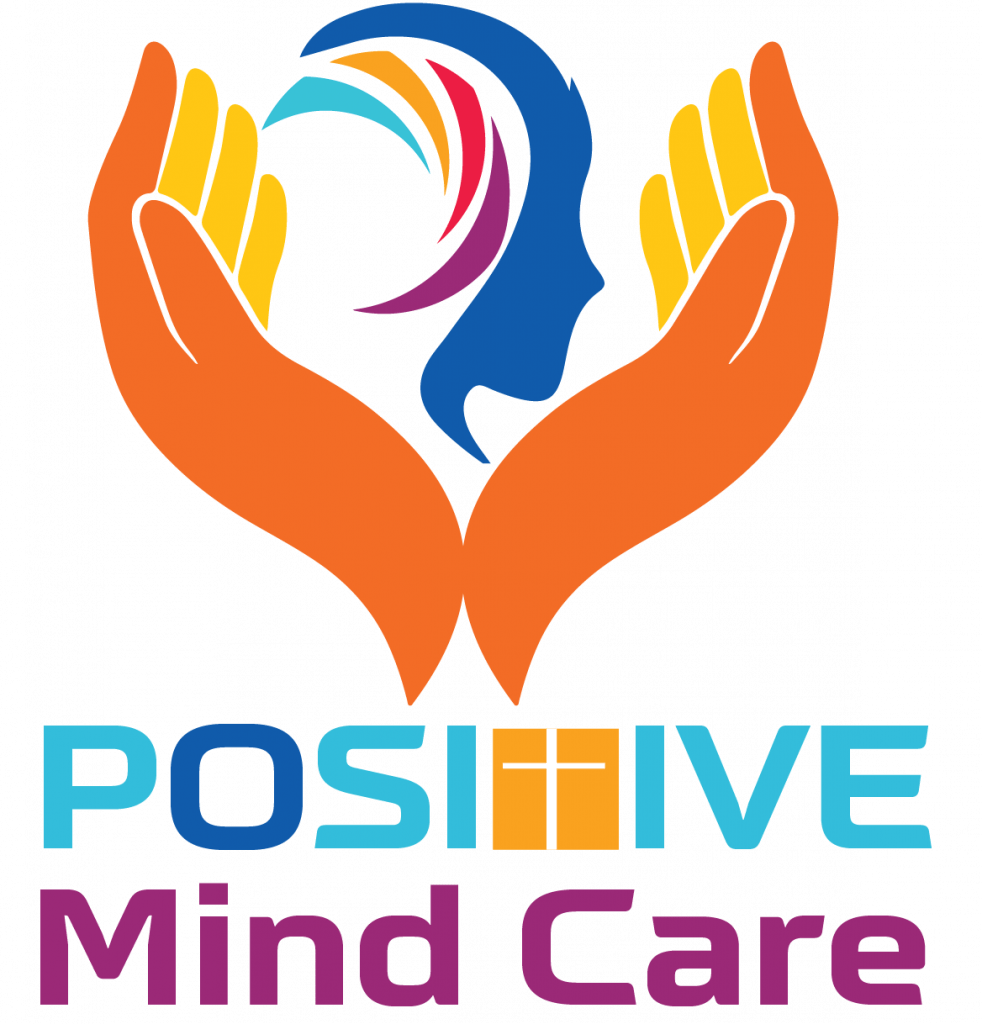In the modern age, our lives are dominated by screens and desks, leading to a sedentary lifestyle that can have significant health repercussions. At Positive Mind Care and Research Centre, we are empathetic to the stresses of modern life. Prolonged sitting and minimal physical activity contribute to various health problems, both physical and mental. However, with the right lifestyle changes, we can combat the negative effects of a sedentary lifestyle and improve our overall well-being. In this blog, we will explore lifestyle tips to overcome the problems caused by a sedentary lifestyle while shedding light on the potential health issues that may arise.
Understanding the Impact of Sedentary Lifestyles
A sedentary lifestyle involves long periods of sitting or engaging in minimal physical activity. In today’s fast-paced and technology-driven world, many individuals spend hours sitting at work, during commutes, and while unwinding with screens in their leisure time. Unfortunately, the consequences of this lifestyle are far-reaching and can affect various aspects of our health:
Sedentary living contributes to a host of physical health issues, including:
a) Obesity: Lack of physical activity can lead to weight gain and obesity, as the body fails to burn enough calories to maintain a healthy weight.
b) Cardiovascular Problems: Prolonged sitting is associated with an increased risk of heart disease, high blood pressure, and elevated cholesterol levels.
c) Musculoskeletal Disorders: Sitting for long hours can lead to poor posture, back pain, neck strain, and muscular imbalances.
d) Reduced Circulation: Inactivity can result in poor blood circulation, which may lead to blood clots and varicose veins.
e) Weakened Immune System: A sedentary lifestyle can compromise the immune system’s ability to fight off infections and illnesses effectively.
Sedentary living not only affects our physical health but also takes a toll on our mental well-being:
a) Stress and Anxiety: Lack of physical activity and prolonged screen time can contribute to higher stress levels and increased feelings of anxiety.
b) Depression: Studies have shown a link between sedentary behavior and symptoms of depression, as physical inactivity can affect mood-regulating neurotransmitters.
c) Cognitive Decline: A sedentary lifestyle may increase the risk of cognitive decline and memory problems as we age.
d) Sleep Disturbances: Reduced physical activity can lead to sleep disturbances and insomnia, impacting overall sleep quality.
At Positive Mind Care, we aim to help individuals reclaim their lives through a holistic approach, we are here to aid you in your journey.
Lifestyle Tips to Overcome Sedentary Lifestyle Problems
Overcoming the problems associated with a sedentary lifestyle requires making intentional lifestyle changes. Here are some tips to help you stay active and improve your overall well-being:
Incorporate Regular Exercise
Aim to include at least 150 minutes of moderate-intensity aerobic activity or 75 minutes of vigorous-intensity aerobic activity per week, as recommended by health guidelines. Engage in activities you enjoy, such as walking, jogging, cycling, swimming, or dancing. Regular exercise not only helps combat the negative effects of sedentary living but also improves cardiovascular health, boosts mood, and enhances overall fitness.
Breaking up long periods of sitting is essential. Set reminders on your phone or computer to take short breaks every 30 minutes. Use these breaks to stand up, stretch, or take a quick walk around the office or your home. Small bursts of movement throughout the day can make a significant difference in your overall health.
Embrace Mindful Movement Practices
Mindfulness techniques such as yoga, tai chi, and Pilates can help combat the effects of a sedentary lifestyle. These practices focus on body awareness, breathing, and gentle movements that promote flexibility, balance, and strength. Engaging in these activities not only benefits physical health but also nurtures mental clarity and relaxation.
If possible, choose active transportation options such as walking, cycling, or using public transport that requires walking to and from stops. Active commuting not only provides an opportunity for physical activity but also reduces stress associated with driving in traffic.
Create an Ergonomic Workspace
If you have a desk job, ensure your workspace is ergonomically designed to promote proper posture and reduce strain on your body. Adjust your chair, desk, and computer screen to the right height and position to maintain good posture and avoid musculoskeletal issues.
Incorporate simple exercises that can be done at your desk, such as seated leg raises, shoulder rolls, and wrist stretches. These desk exercises help improve blood circulation, reduce stiffness, and alleviate muscle tension.
Be mindful of your screen time, both for work and leisure. Set specific time limits for screen usage and take breaks to rest your eyes and move your body.
Engage in Recreational Activities
Find enjoyable recreational activities that involve movement, such as hiking, playing sports, dancing, or gardening. Engaging in these activities not only promotes physical health but also provides a sense of fulfillment and happiness.
Ensure you get enough restful sleep each night, as quality sleep is essential for overall well-being. Avoid using electronic devices right before bedtime, as the blue light emitted by screens can disrupt sleep patterns.
Engaging in an active lifestyle can be more enjoyable when shared with others. Seek out like-minded individuals or join fitness classes, clubs, or online communities to find support and motivation.
A sedentary lifestyle can have detrimental effects on our physical and mental health. However, by adopting these lifestyle tips and making a conscious effort to incorporate physical activity and mindfulness practices into our daily routines, we can overcome the problems associated with a sedentary lifestyle. Embrace a more active and mindful way of living, and experience the transformation it brings to your overall well-being. Remember, every small step towards a more active lifestyle counts and can make a significant difference in the long run. We at Positive Mind Care are here to help you at every step of your journey!


